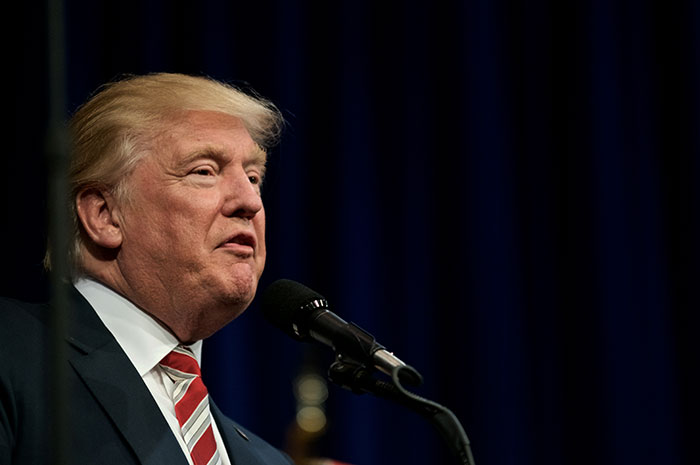Donald Trump said that at $2.2trn it was the “single biggest economic relief package in American history” - twice as big as any other.
It includes about $500bn of direct payments to taxpayers who earn less than $75,000, of up to $1,200 each plus $500 per child; $250bn to extend unemployment insurance; $350bn of relief for small businesses; $500bn for large corporations; more than $140bn to support the health system and $150bn for state, local and tribal governments.
Trump signed the ‘CARES Act’ after days of the bill being debated by other lawmakers in the country’s Senate and House of Representatives.
Economists at Goldman Sachs last week predicted the US economy will contract by 24% in the second quarter of this year because of the sharp fall in consumption and investment that have been brought about by the coronavirus and the ensuing ‘social distancing’ rules.
The investment bank also predicted quarter-on-quarter GDP growth rates of -6% in Q1, 12% in Q3 and 10% in Q4, leaving full-year growth at -3.1%.
Governments around the world are scrambling to avoid the worst effects of the coronavirus pandemic, introducing similar stimulus measures to the US.
In Europe, for example, which has become the epicentre of the pandemic since new cases in China slowed down, many governments, including those of major economies such as Germany, France and the UK have put hundreds of billions into stimulus packages to try to help businesses and workers weather the storm.














